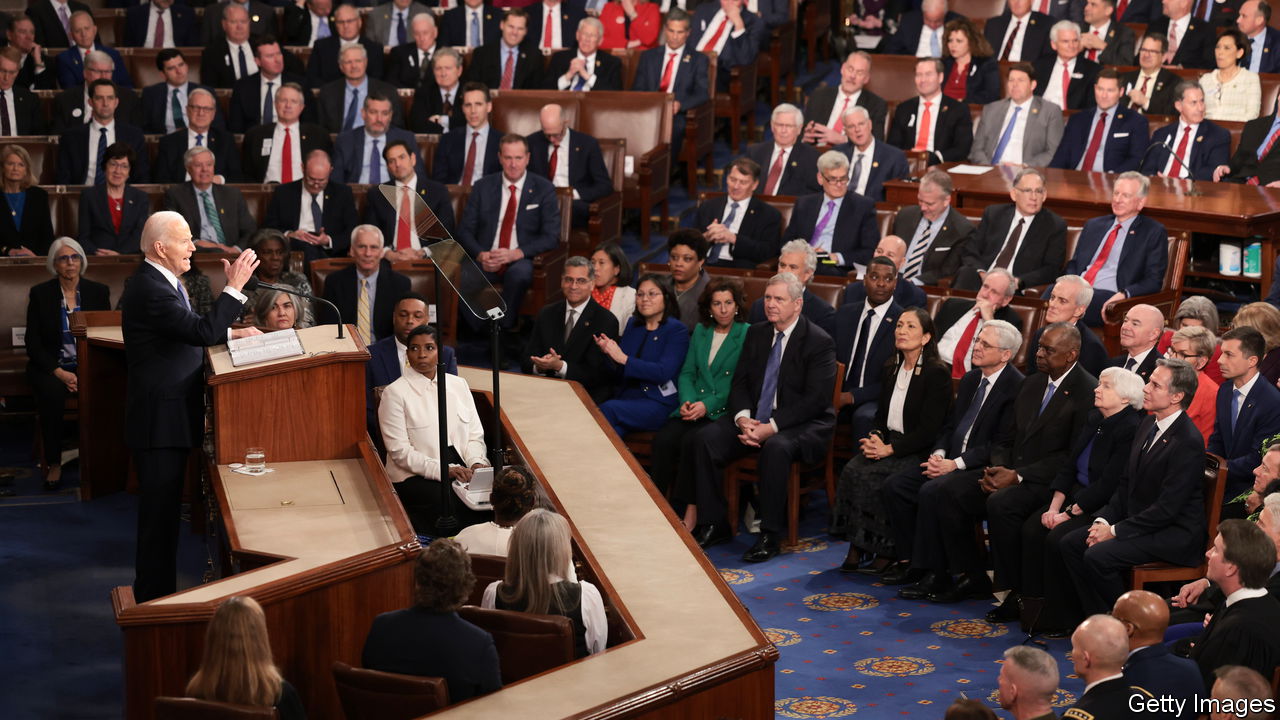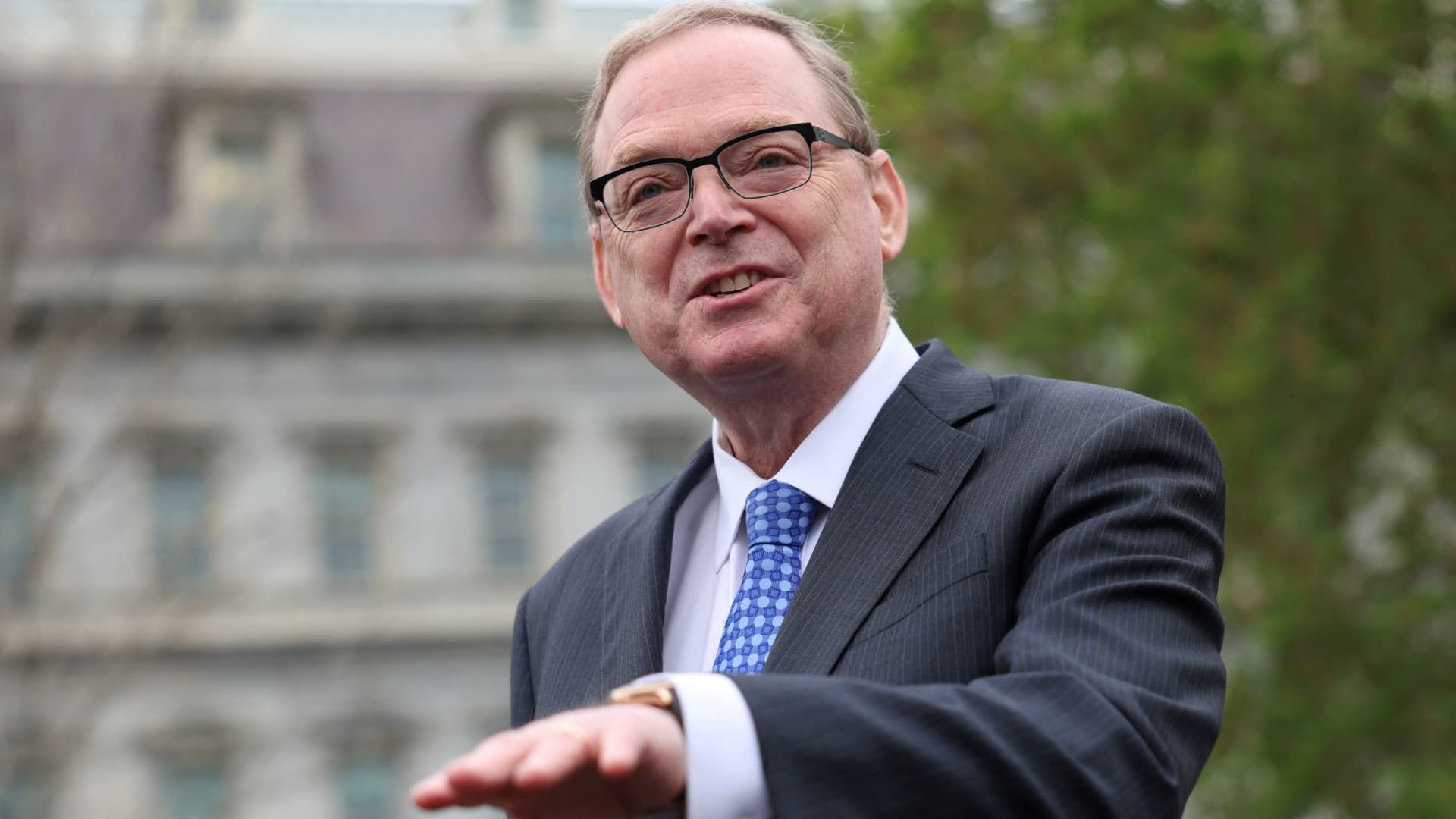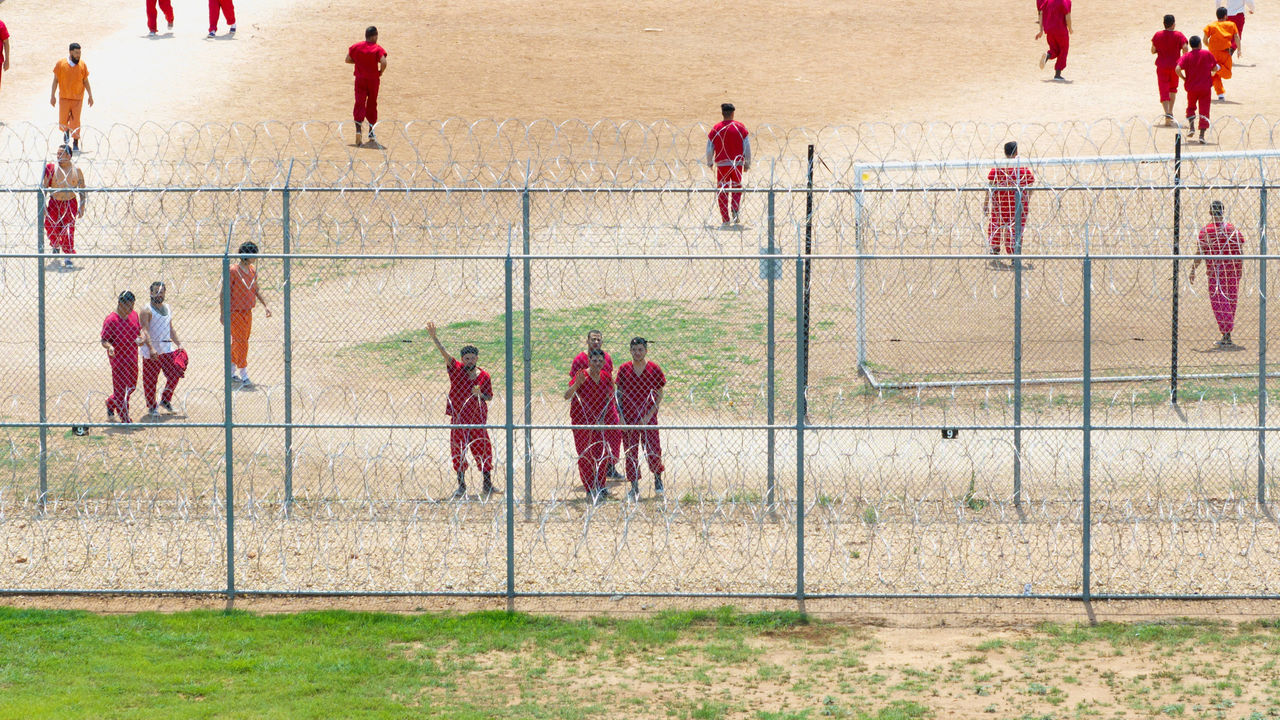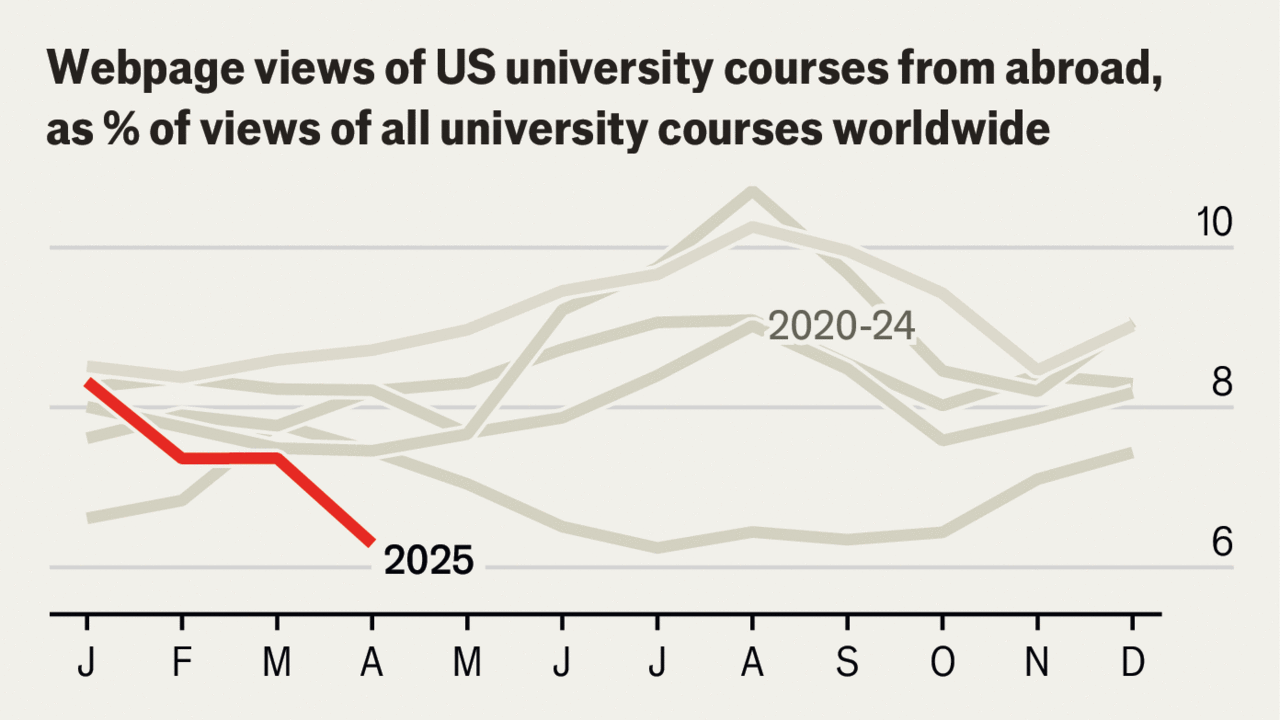Joe Biden delivered a party-convention (state-of-the-union) speech, writes James Bennet, our Lexington columnist
No one got whacked over the head with a cane, but in other respects Joe Biden’s state-of-the-union speech proved to be one of those moments in which I found myself wondering if American politics is returning to its 19th-century mores—thanks in part to social media and other 21st-century technology. The Progressive era introduced institutions that restrained some of the excesses of partisanship, such as the civil service. It also inculcated ideals of bipartisanship and decorum that are now fading away. They may have been debts vice was paying to virtue—even at its most seemingly decorous, politics is always a rough business—but I think we will miss them if they truly disappear.
It is a bit melancholy that Mr Biden, with his veneration for the rites of Washington, would find himself compelled to deliver a state-of-the-union address that was in many respects more like a party-convention speech. But this has been coming for years, since even before a Republican congressman shouted “You lie” at President Barack Obama in 2009 during an address to a joint session of Congress. The next year, in a state-of-the-union speech, Mr Obama took the extraordinary step of chiding the Supreme Court, for a decision related to campaign finance—precedent for the shot Mr Biden took Thursday night at the justices for overturning Roe v Wade. In 2020 Nancy Pelosi, then speaker of the House, theatrically tore apart her copy of President Donald Trump’s speech after he finished delivering it.
Mr Trump, with his contempt for what he sees as the pretences of a cynical, transactional business, accelerated the trend towards open partisanship in all aspects of governing. The clownish displays by his minions in the House chamber on Thursday night, with their heckling and their MAGA hats or t-shirts, undermined the subsequent pious outrage of Republicans over Mr Biden’s politicking.
It is an axiom of American politics that presidential elections are a referendum on the incumbent. But in this campaign Americans have a choice between two presidents, neither of whom they much like. For each man the path to a second term lies through negative partisanship, ie, persuading voters that the other guy is worse. It will be a brutal campaign.
And that made the more humane moments in the House chamber on Thursday night seem all the more precious, even if they were flashes of old-style senatorial clubbiness. “I know you don’t want to hear any more, Lindsey, but I gotta say a few more things,” Mr Biden said towards the end of his speech, singling out Lindsey Graham, a senator from South Carolina. Mr Graham has remade himself as an acolyte of Mr Trump, but, clearly delighted by the presidential attention, he roared with laughter.
And Mr Biden drew his most powerful contrast with Mr Trump by closing on a high note. It is another axiom of American politics that presidential campaigns are about the future, and Mr Biden is out to paint Mr Trump as obsessed with grievances from his past. Mr Biden’s refrain at the end of the speech became “I see a future,” as he envisioned more freedom, fairer taxation, less gun violence. “I see a future for all Americans,” he said, and—the partisanship of his speech notwithstanding—he added, “I will always be a president for all Americans.”

 Accounting1 week ago
Accounting1 week ago
 Economics1 week ago
Economics1 week ago
 Personal Finance1 week ago
Personal Finance1 week ago
 Accounting1 week ago
Accounting1 week ago
 Finance7 days ago
Finance7 days ago
 Economics1 week ago
Economics1 week ago
 Economics1 week ago
Economics1 week ago
 Economics1 week ago
Economics1 week ago





















